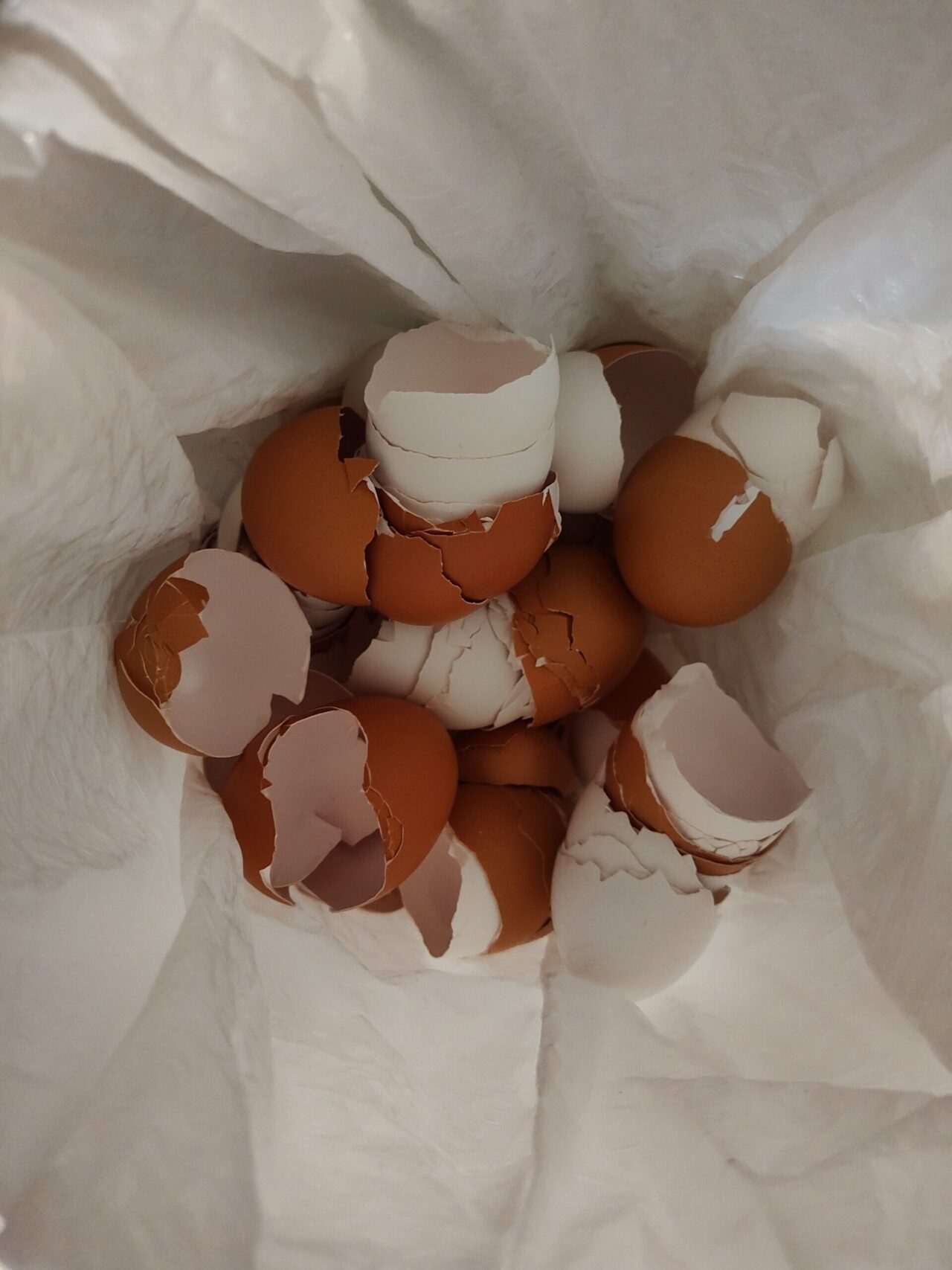Companies use egg whites in products as a binding ingredient, and for most people that is okay. However, if you have egg allergies then you need to be warned. Consumption of these products can cause you to have an allergic reaction if you are sensitive to eggs.
History of Surimi also known as Imitation Crab
Some people call it Imitation Crab, others call it Surimi. In Japan, Surimi-based foods are called Kamaboko and were initially created by Sugiya Company for worldwide use. Asian countries have been using it for hundreds of years.
How is Imitation crab meat made?
A white fish-like pollock is made into a paste called Surimi. It is made from finely minced or shredded pulverized fish. The companies add seasonings and binding ingredients like egg whites, starch, salt, wheat, vegetable oil, sugar, and MSG. They also use red and orange food coloring to make the product resemble the taste of crab. Then it is vacuum sealed and pasteurized to prevent harmful bacteria contamination and allow it to be eaten from the package. Remember even if it says Vegan-Friendly on the outside of the packaging, eggs are the binder. Imitation crab meat is often more affordable and has a longer shelf life, making it a practical choice for many restaurants and home cooks. Make sure you remember to ask the waiter, waitress, or chef at the restaurant if you are ordering seafood about the use of egg.
Usage of Surimi fish paste products
Crab salad
Crab cakes
Fish sticks or fish patties
Seafood dips
Seafood pasta dishes
Sushi Rolls like California rolls
Crab puffs and crab Rangoon’s
Crab fried rice


